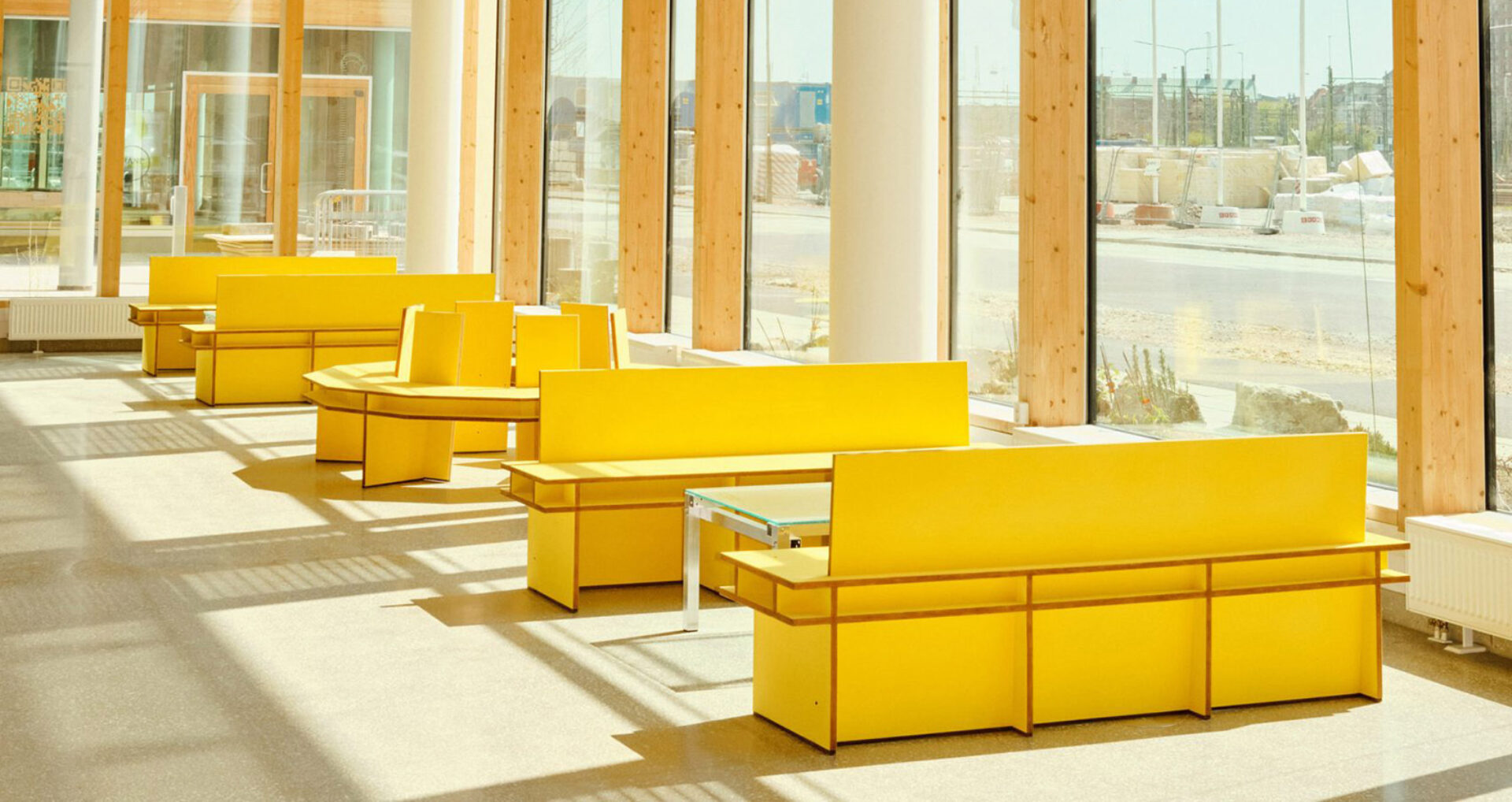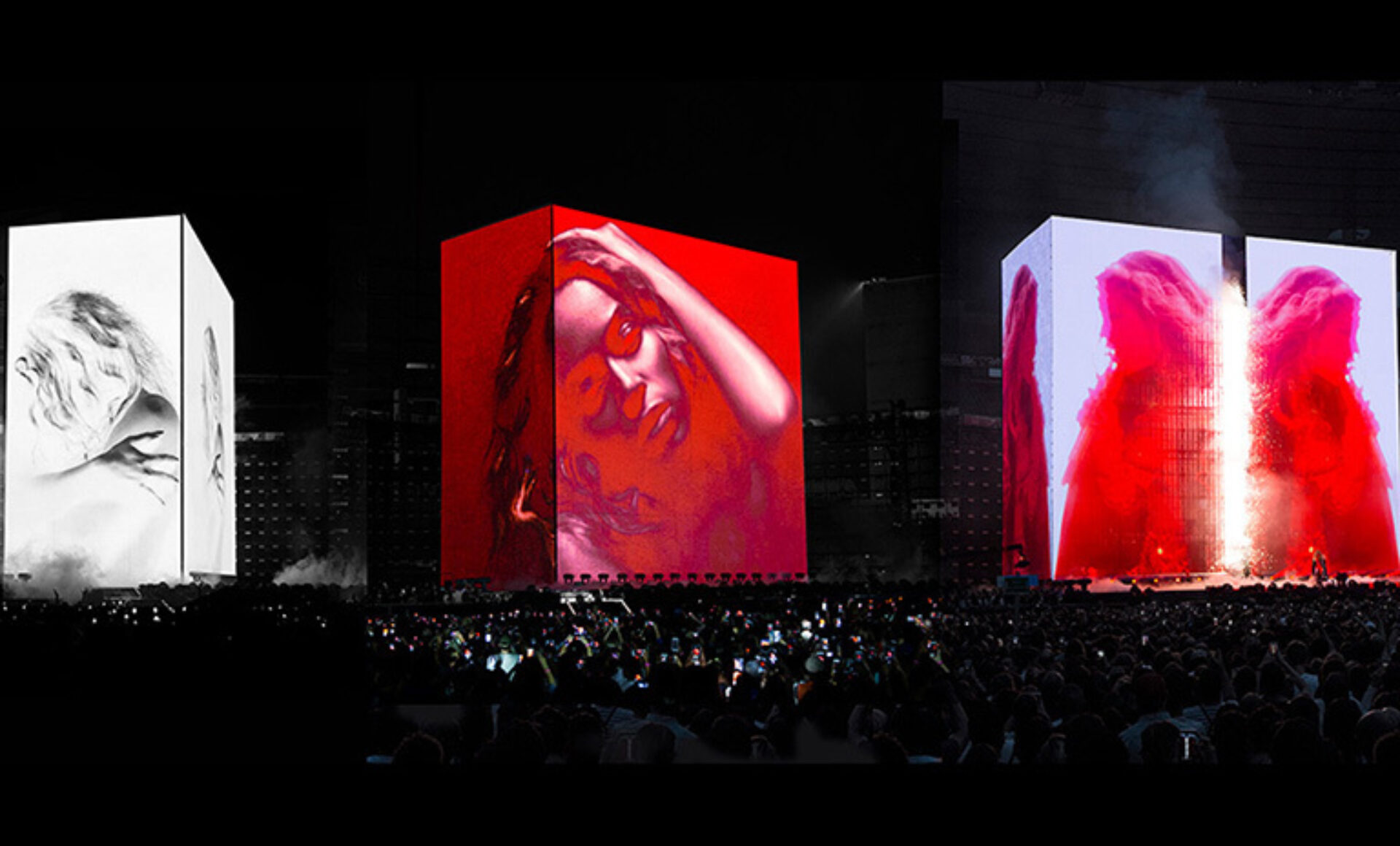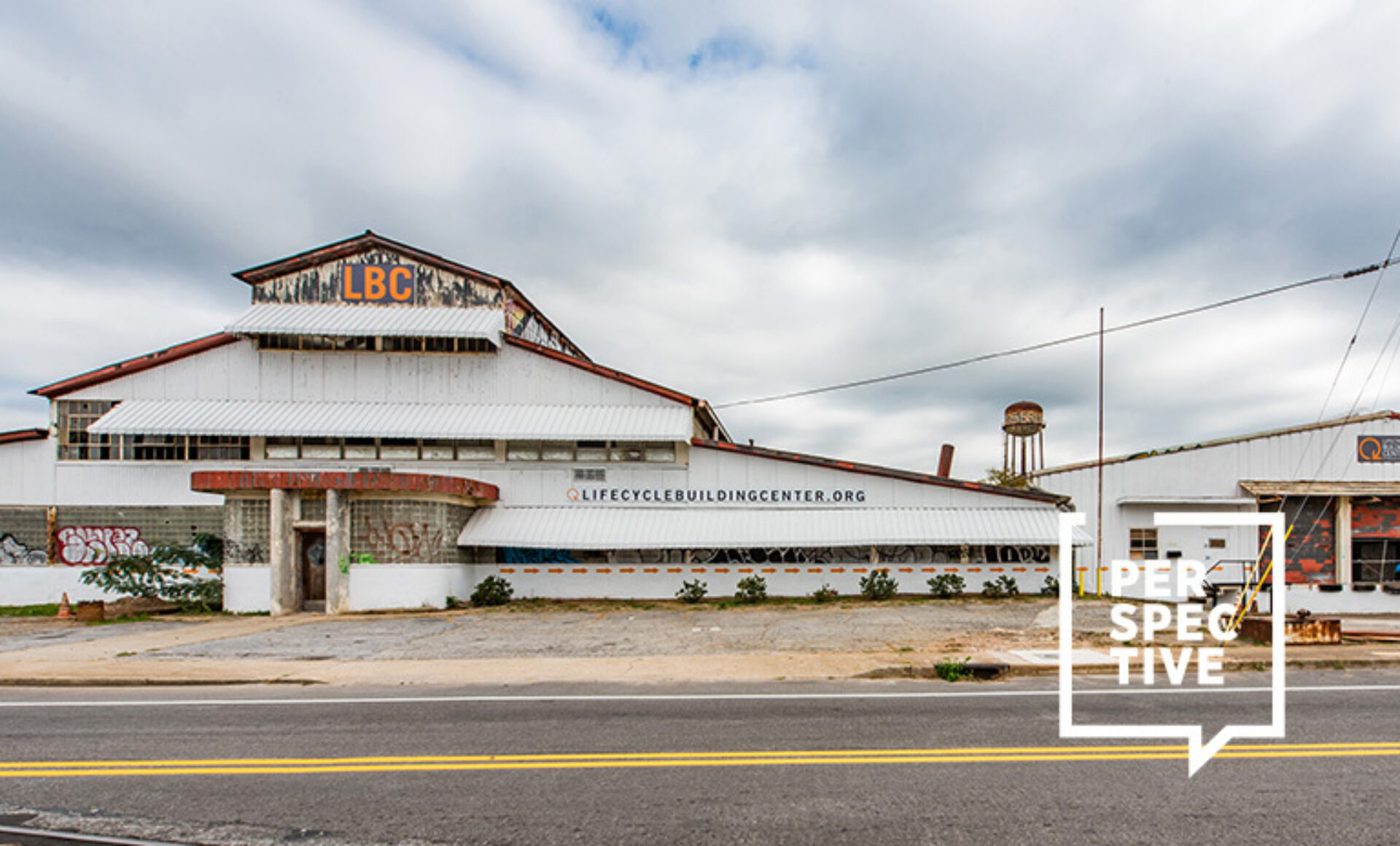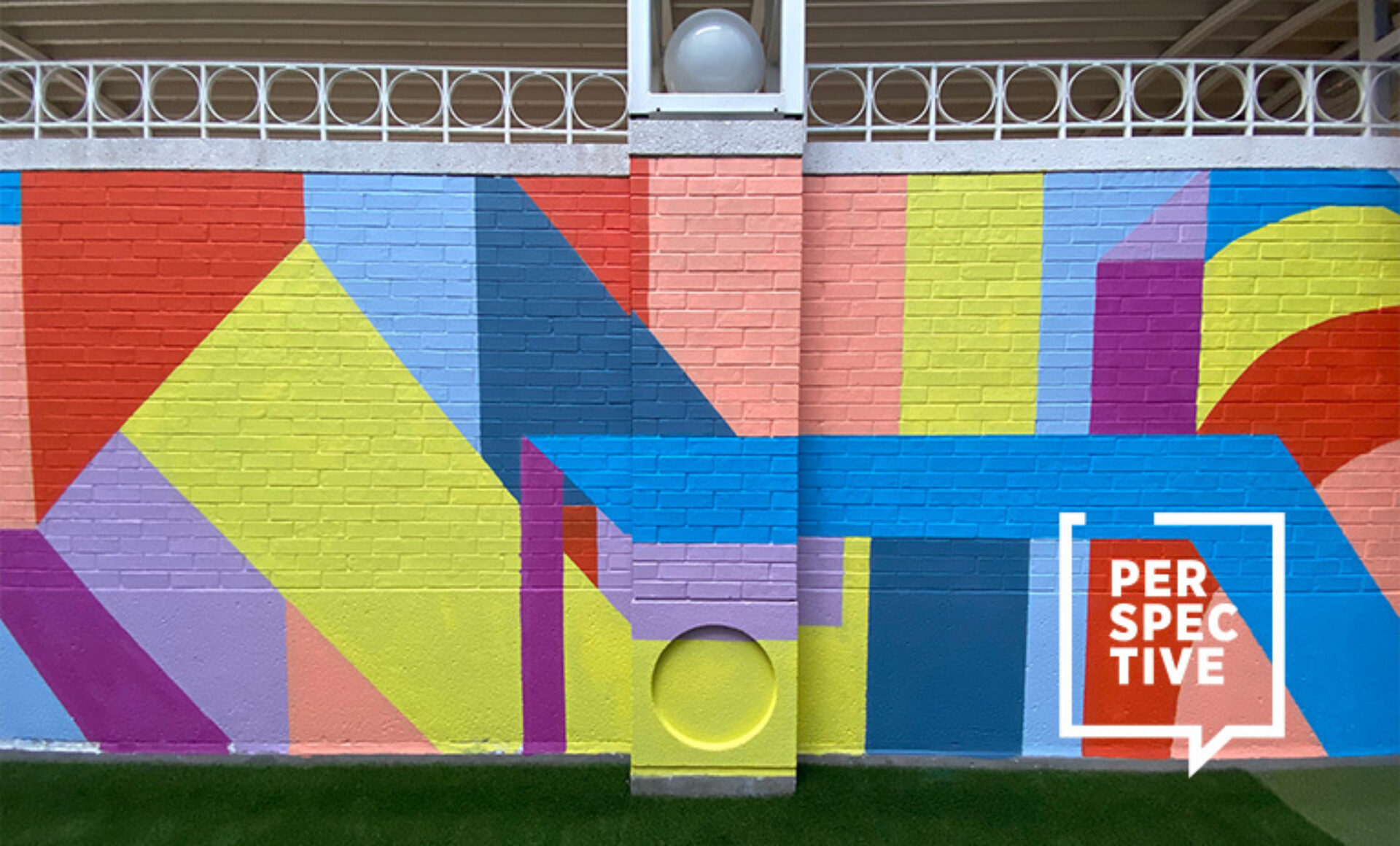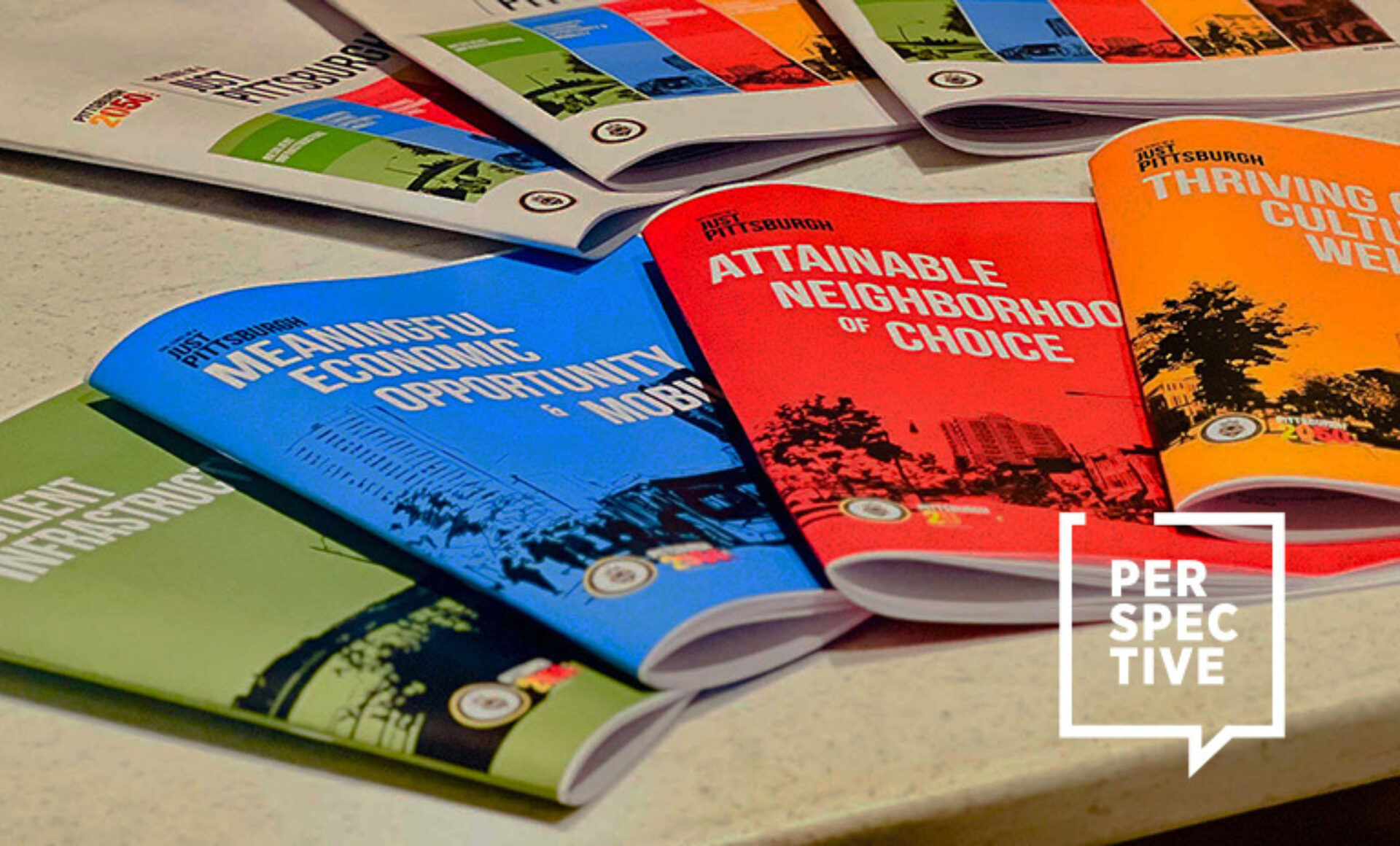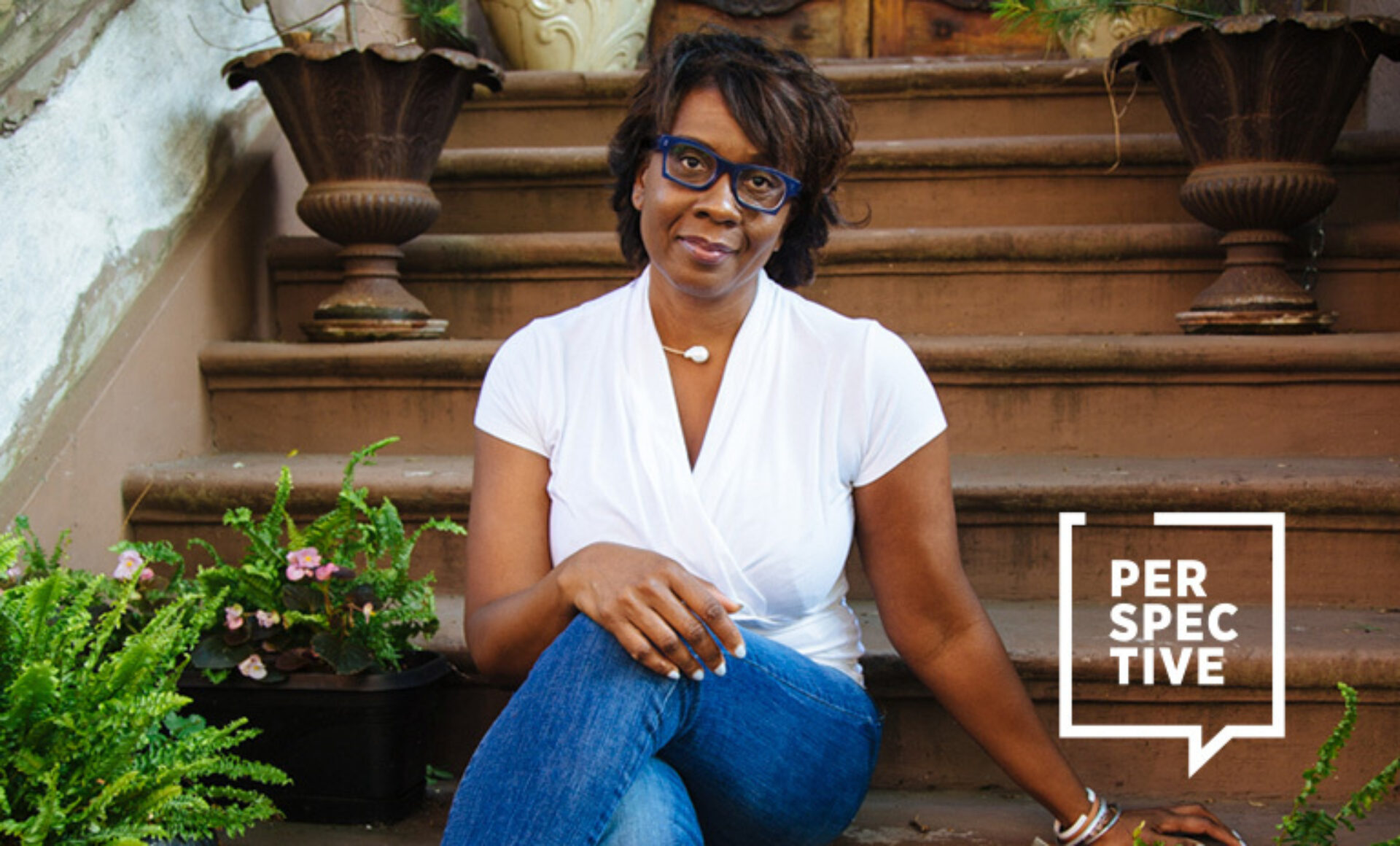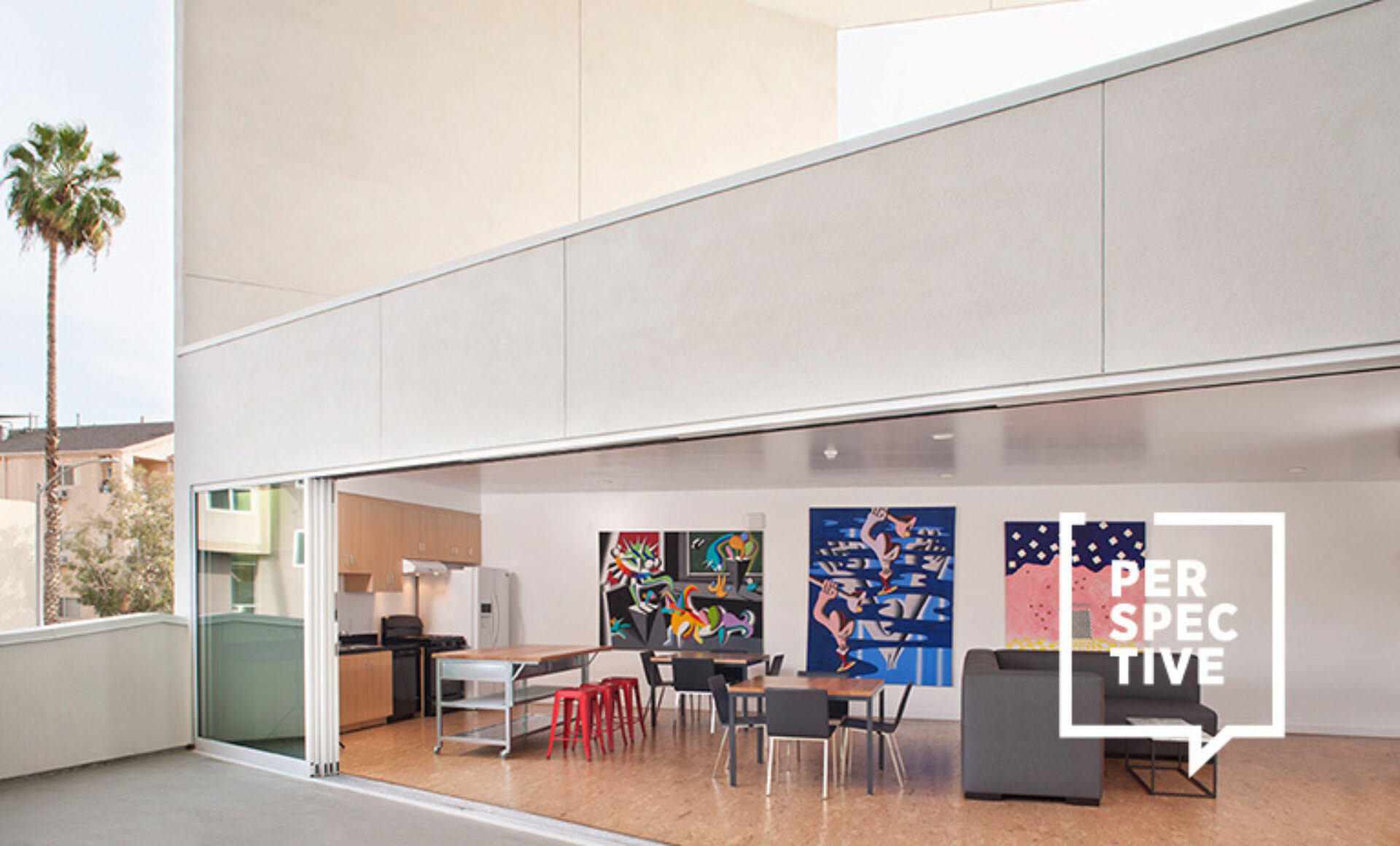Today’s workplace has to be hyper-flexible, personal, and must be community-driven. Whether designing spaces that encourage employee comfort and well-being, or support sustainable choices and the local economies, it should always consider the various users from small groups within a large company, to neighborhoods, cities, and the world. Let's take a look at the ways some designers and companies are thinking about their place in the larger global community of work.
Locally-Sourced
Studio Lab La Bla sourced aspects and materials used for the interior of energy company E.ON's headquarters in Malmö, Sweden locally from cork to diabase rock. In reaction to the often non-sustainable practices in the interior design industry, the studio used repurposed nylon fibers and MDF board to create bright yellow furniture for the reception area. The studio also created a modular sofa from recycled wine corks from local restaurants.
(Below: MDF board and repurposed nylon seating with a glass and aluminum table; and a recycled cork-covered modular sofa. Images courtesy of Lab la Bla)

Rethinking Ventilation
Tropical Space based in Ho Chi Minh City, Vietnam integrates perforated brick structures into their projects as a way to utilize natural light and ventilation while reducing energy consumption. Spaces like Premier Office and Cuckoo Coffee House maximize the benefits of their modern take on breeze block by working with the tropical climate and using traditional local and eco-friendly materials to reduce the need for air conditioning with the use of high ceilings, atriums, and breezeways that put the wind to work as a cooling agent. By creating more “porous” structures and floor plans designed to take advantage of wind and natural light, founders Nguyen Hai Long and Tran Thi Ngu Ngon are saving energy while putting the environment to work.
(Below: Premier Office by Tropical Space in Ho Chi Minh City, Vietnam and it's innovative use of atriums and "porous" walls to ensure natural airflow and light. Images courtesy of Tropical Space)
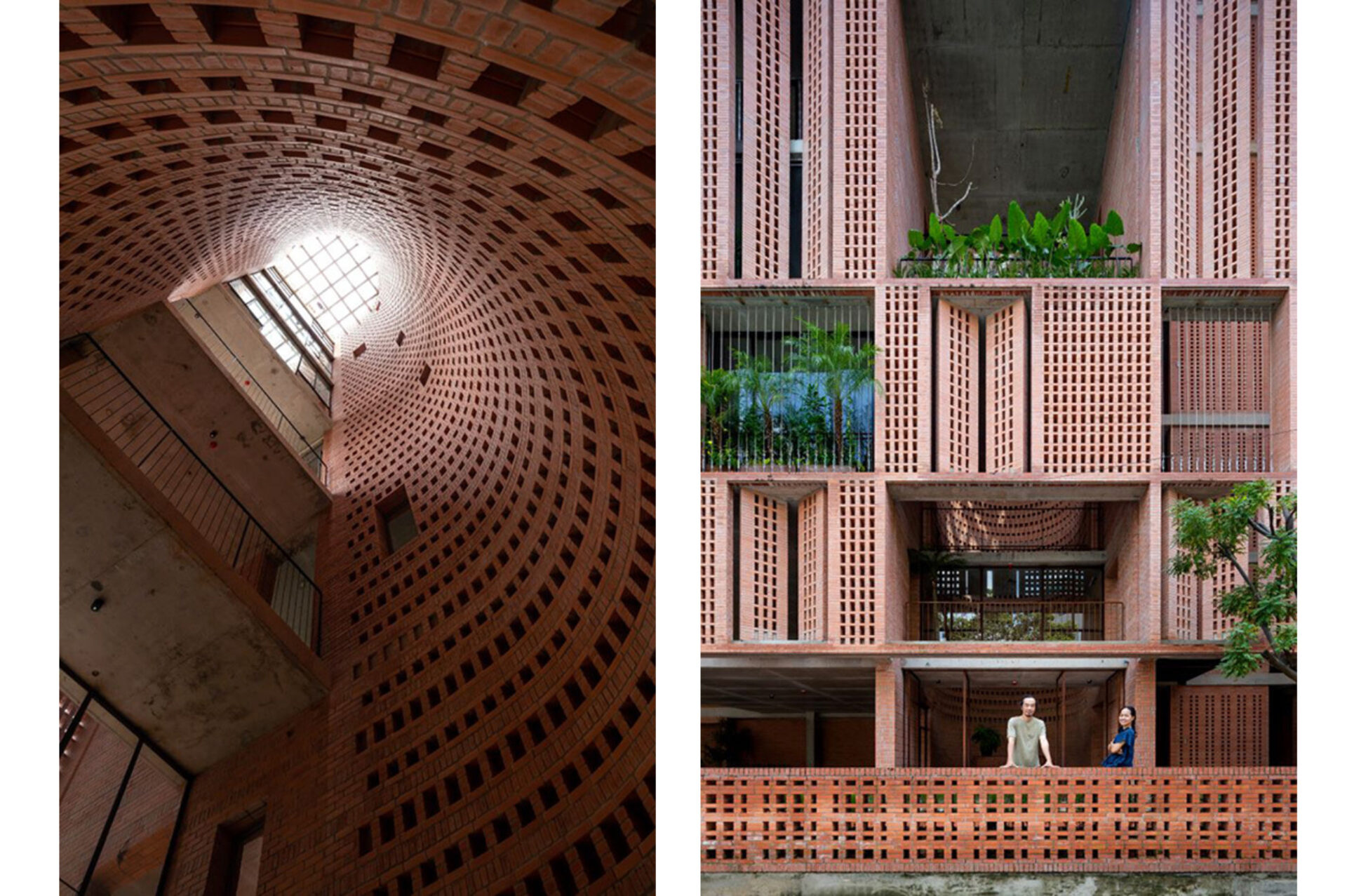
Future-Focused
If you attended NeoCon this year, you may have been lucky enough to visit Haworth’s DesignLab, an artist and designer collective focused on looking beyond the industry for new ideas about the workplace. Creative Director and Designer Christina Fehan’s contribution, the Phil Lounge was inspired by working alongside her dog Phil during the pandemic. An oversized chair inspired by the curled up form of Phil with ‘pet-able’ upholstery, the lounge provides as sense of playful comfort with the added benefit of releasing stress by mimicking the soft feeling of petting a pup which has been shown to lower cortisol, the stress hormone.


Active Transportation-Oriented
It’s no secret that people who bike or walk to work have better physical and mental health than those that drive, save money, and have a lower carbon impact than their counterparts that drive—all important things to want for yourself and employees. Studies show that alternative modes of transportation also drive productivity. Boynton Yards’ 101 South building is the first purpose-built Class-A lab building in Somerville Boston that includes bike facilities and is part of a larger progressive mobility management plan to encourage car-alternative transportation modes. The facilities join others like The Bike Vault in Houston in supporting bike commuters with access to storage, lockers, and showers while supporting local bike advocacy groups.


Spaces that Support Neurodiversity
It’s only been just over three years since the pandemic, and we are still adjusting to what it means to return to the office, even in a hybrid fashion. In a post-work from home era, we’ve relearned comfort in the workplace not just in a tactile sense, but what it can mean for a neurodivergent workforce. UK-based firm Oktra breaks down the four different work styles and how to design for them that can benefit not only neurodivergent folks—data, detailed, emotional, and idea-oriented. Their designs consider acoustics, adjustable lighting, privacy, social areas, collaboration spaces, low stimulation spaces, and other subtle ways to provide emotional comfort while doing different types of work.
